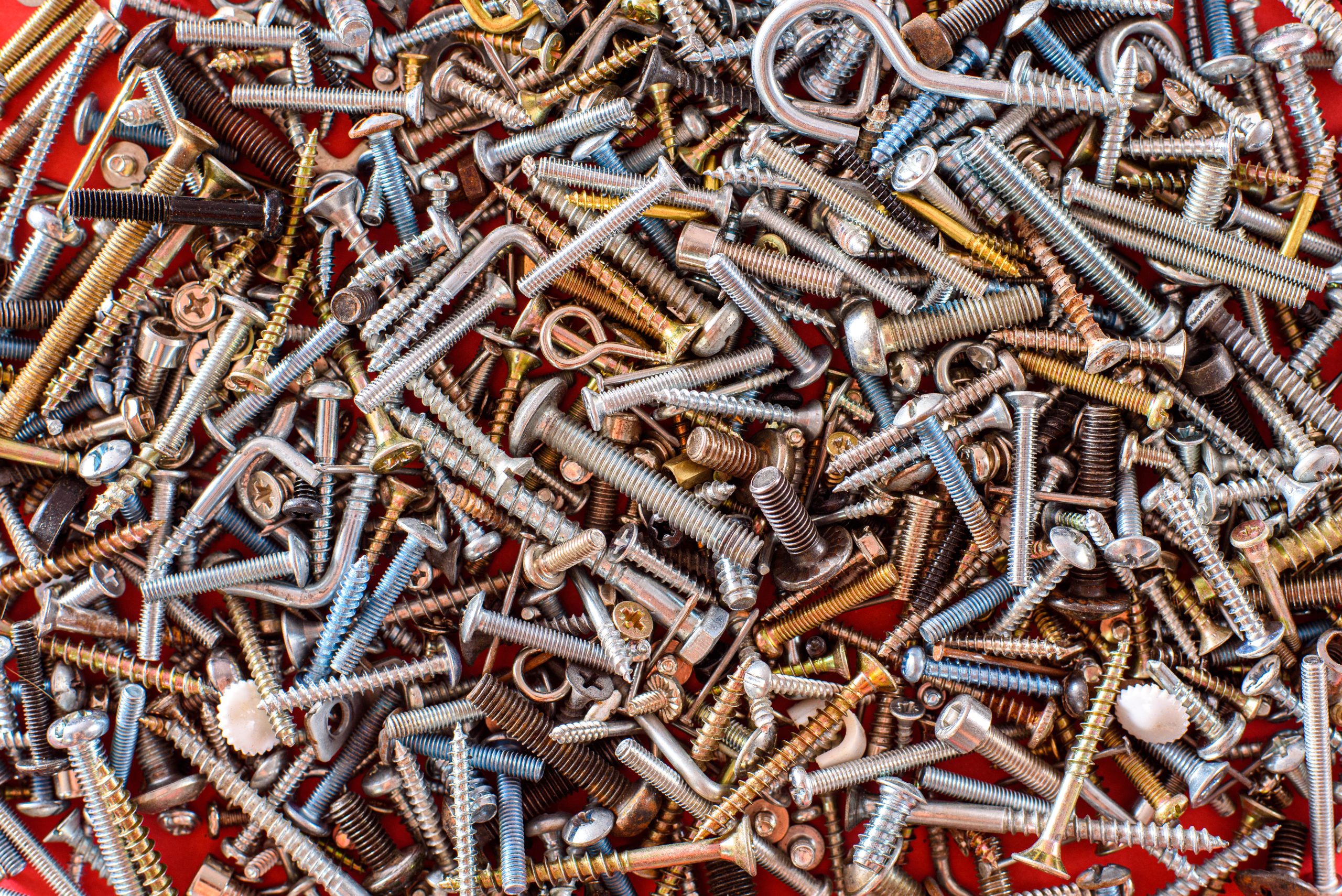
Rivets are widely used fasteners in applications that require a permanent joint between two materials. Often, conventional or blind rivets are used to join thinner materials like sheets of metal. However, some applications need specialized rivets that have a longer grip length or can act as a pivot point. These rivets, called mate rivets, are similar to that of conventional rivets but have specialized applications and characteristics. Let’s dive into which applications may warrant mate rivets and how this fastener differs from other types.
Mate rivets are extremely versatile and can be used in many different scenarios. For example, since the tension during installation is easy to control, mate rivets can be used in applications where the material is soft, like clothing or soft goods. Another attractive quality is their smooth finish, for which they’re often used in truck trailers or fences. Mate rivets are also generally made of materials that are highly resistant to corrosion, making them suitable for use in plastic materials as well.
A mate rivet is a specialized rivet that, when compared to a conventional rivet, has a tube-shaped mate that is inserted into the rivet body. When the mandrel is pulled to install the rivet, the rivet body expands and is secured inside the mate. These fasteners are often used instead of nuts and bolts for a secure, tamperproof, and vibration-resistant joint that won’t loosen over time. With mate rivets, hole size is generally less important so drilling and installation are easier and they can be installed with handheld or power tools.
The main difference in installation is that, unlike a blind rivet, both sides of the material need to be accessible since it needs to accommodate the mate piece. Like any other rivet installation, once the pieces are in place, the mandrel is removed to expand the rivet to create a secure joint. For a successful installation, ensure that both rivet pieces are snug before the mandrel is removed.
Mate rivets are often made of aluminum, however, steel-alloy rivets are also available. Special coatings can also be applied to prevent corrosion. When choosing the right rivet, it’s important to know what the application’s tolerance is. If the fastener is too long, joints will be loose. Too short and the joint won’t be secure. Mate rivets can be used to fasten materials up to four inches thick.
If you’re in the market for mate rivets, look no further than One Monroe EFI. Since the 1950s, One Monroe EFI has been a trusted supplier of rivets and other fastening products. We can help you identify the right fasteners for any application. Contact our experienced team today to learn more.

